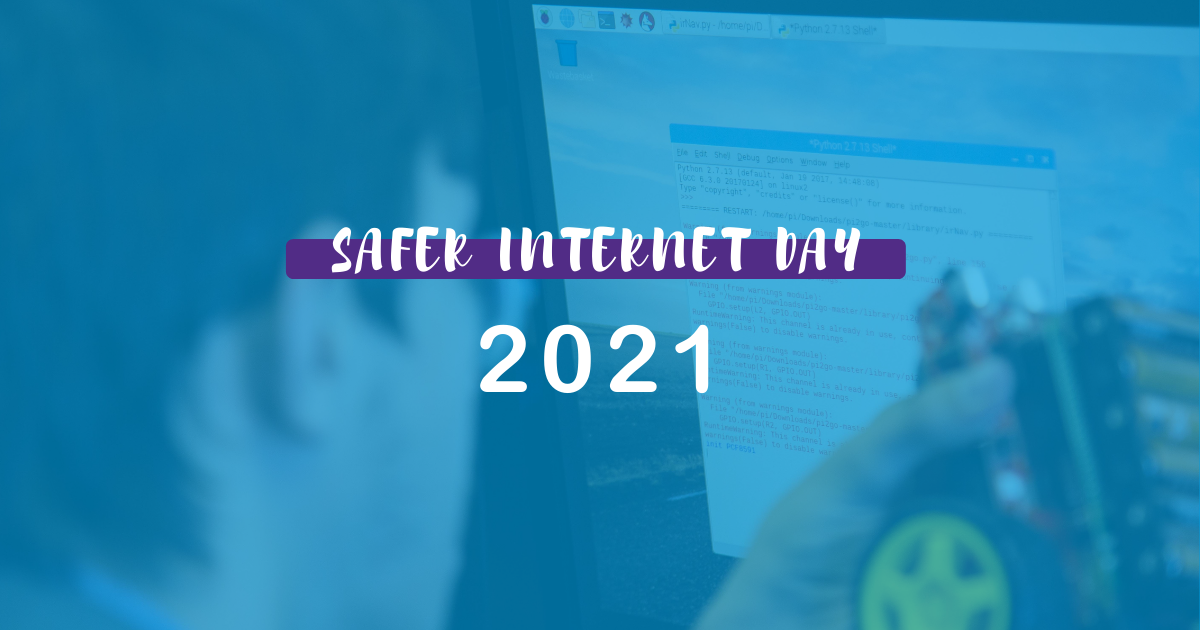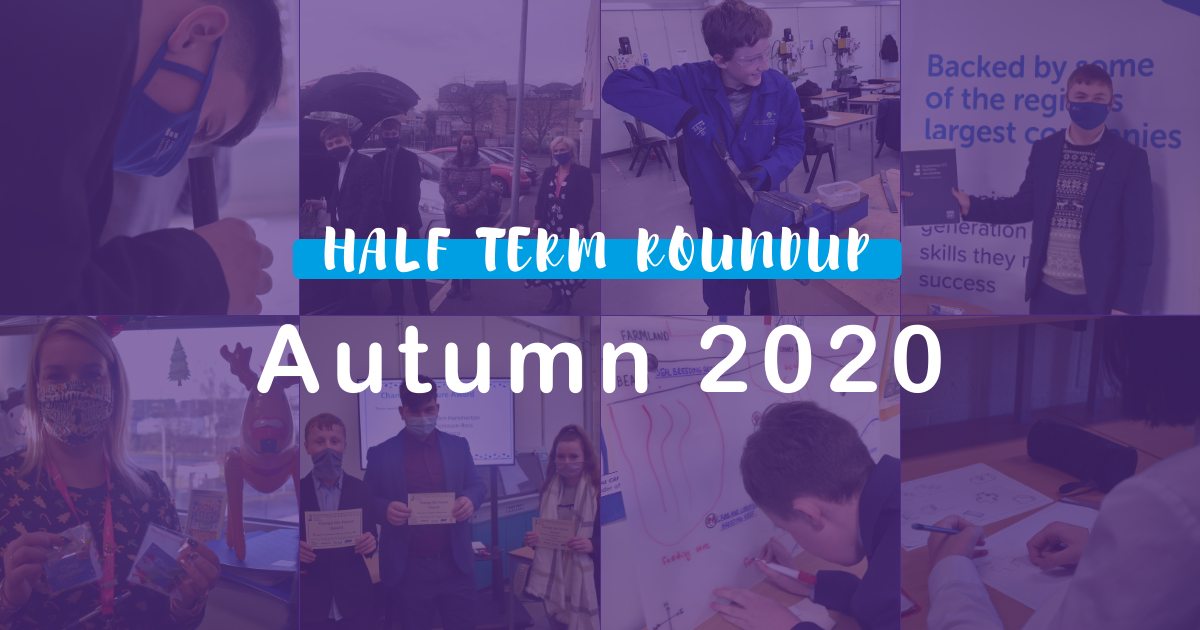
Safer Internet Day 2021: Fact or Fiction?
Safer Internet Day is here once again and this year, the theme is ‘An Internet We Trust: Exploring Reliability in the Online World’.
Every year, Safer Internet Day provides the perfect opportunity to reflect and assess our online habits, both during personal use and for school or work and it’s more important now than ever, to be able to separate fact from fiction whilst building knowledge and confidence in the online world.

We have put together some top tips as a reminder of how you can make sure you are remaining safe online and how to separate real news and fake news.
What is fake news?
Fake news can be false information, photos or videos purposefully created to confuse or misinform. It can also be genuine information that has been manipulated to deceive. It’s important to learn how we can identify something we see online that may not be true.
Question the source
The best way to check if what you are reading is reliable, is to try and confirm the online information using other websites, this may help you make a judgement on whether the information they are sharing is trustworthy. The more sources that say the same thing, the more likely it is that the information can be trusted.
Read further than the headline
Most fake news articles, blog posts and social posts tend to always feature something called ‘click-bait’. This is when the headline (mainly what you see on Facebook before clicking into the link) and can be used to twist the truth, knowing most readers do not read further to find more information. Try and understand if what you are reading sounds too good to be true, or if it sounds more like an opinion than a fact.
Is it genuine?
Take time to think about the things you see online and how they are presented to you, is this a celebrity promoting a product? Is it an outstanding review on a product? Chances are that this celebrity may have been paid to promote this brand and the reviews you are reading may not be genuine, but in fact a paid collaboration.
Talk it through
It can be hard to know what to do about false or misleading content online, but if you do see something that is concerning, this needs to be reported in the appropriate way, if you are unsure what this looks like then speak to a trusted adult. Talking it through with someone who supports you can help you feel less alone and could lead to small steps towards the information being removed.
UK Safer Internet Centre have a wide range of great tips for different age ranges available here.



